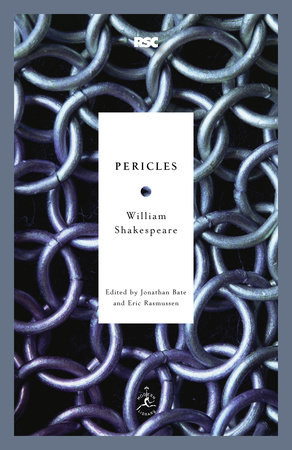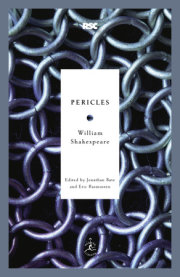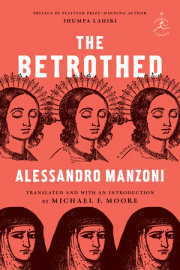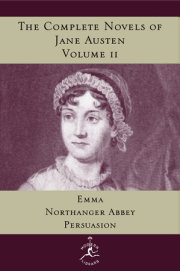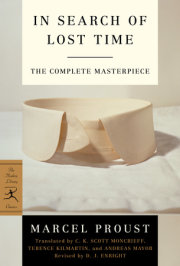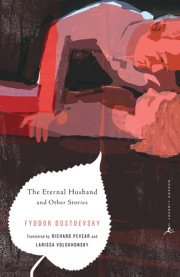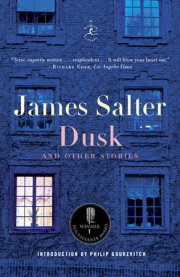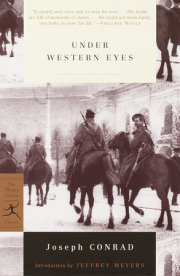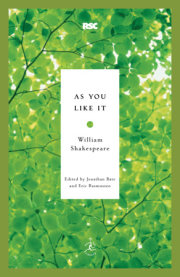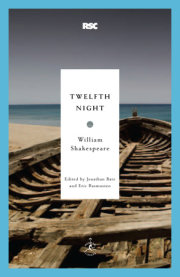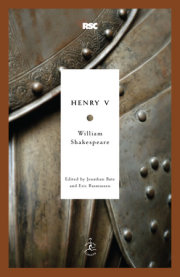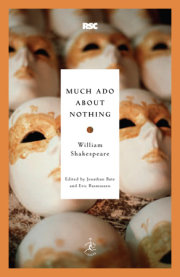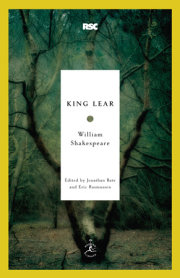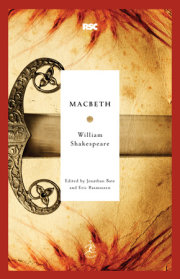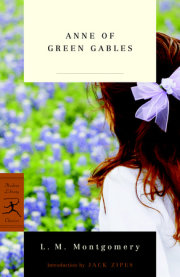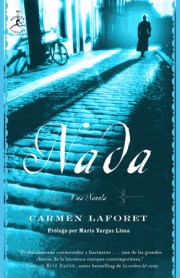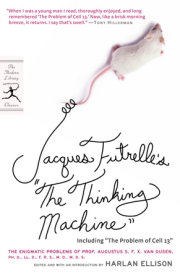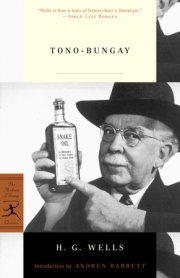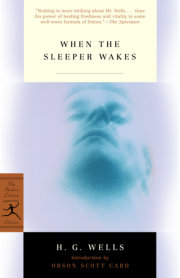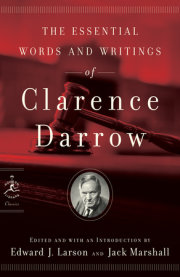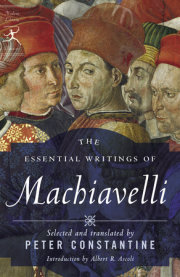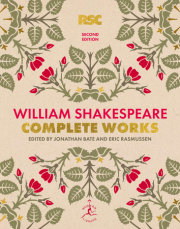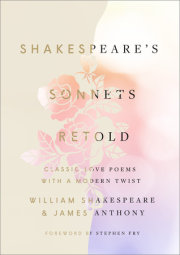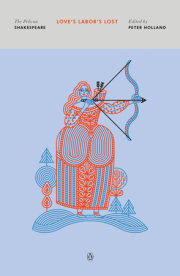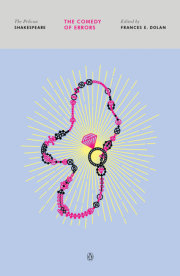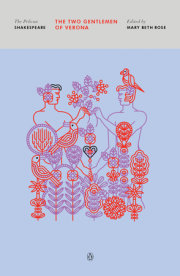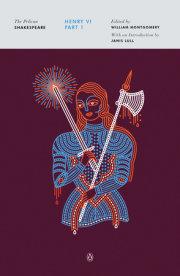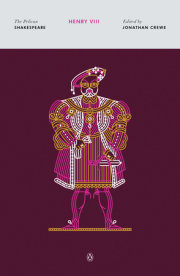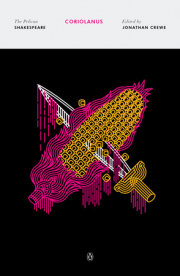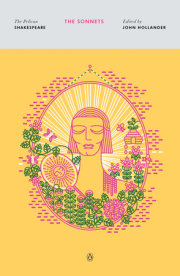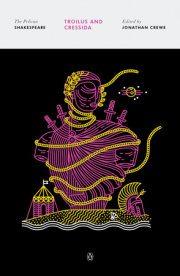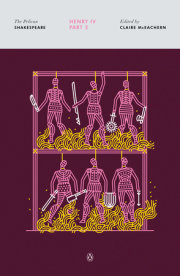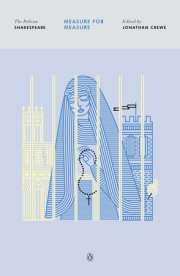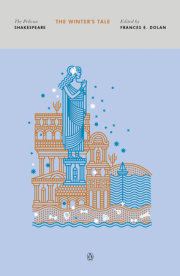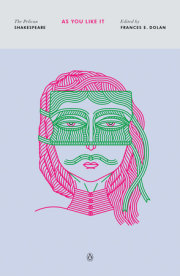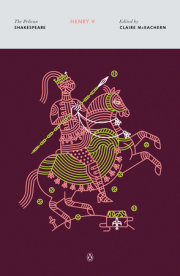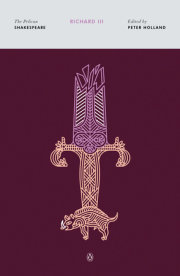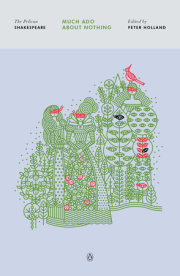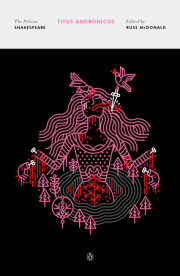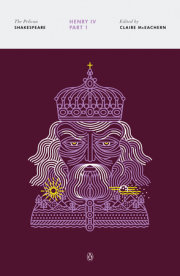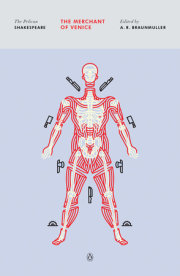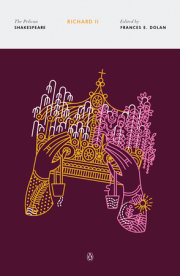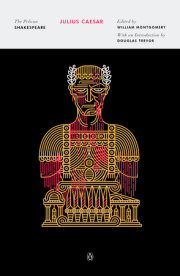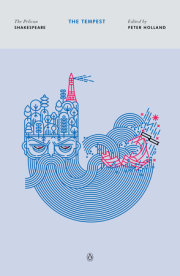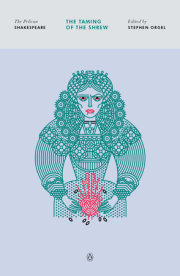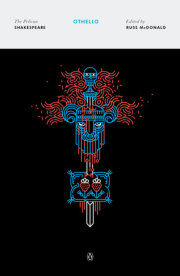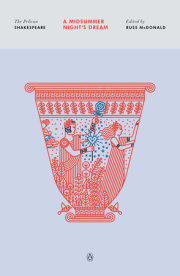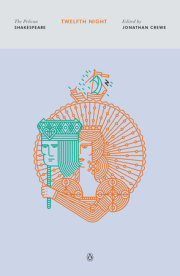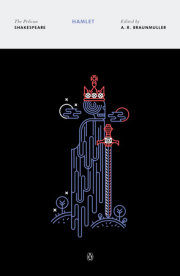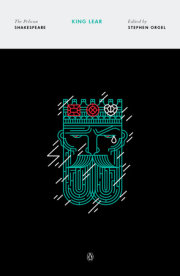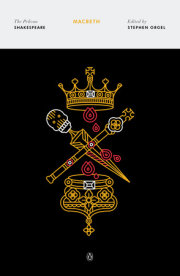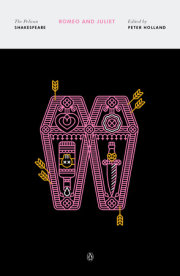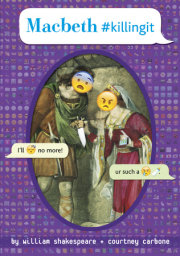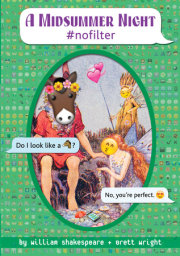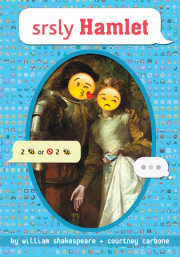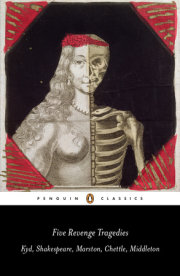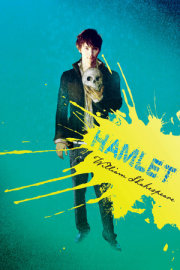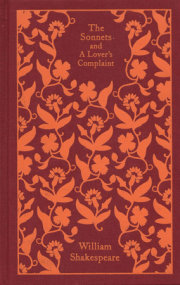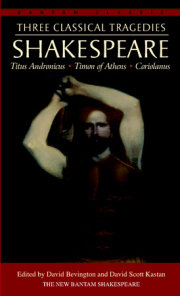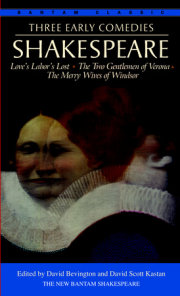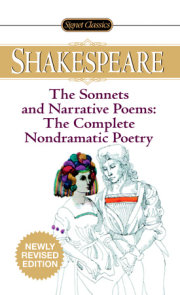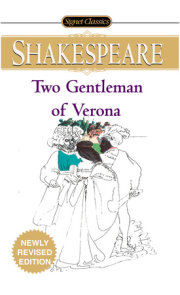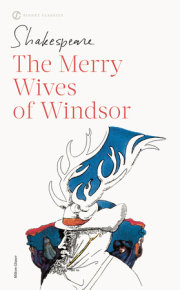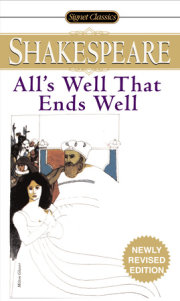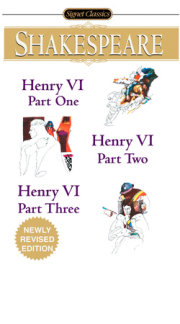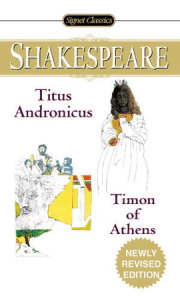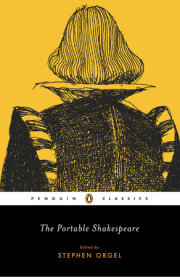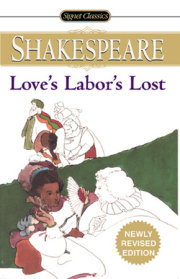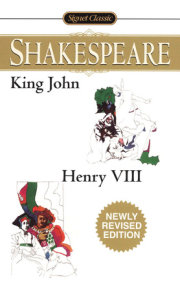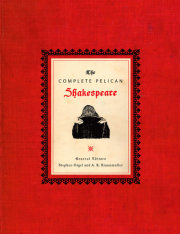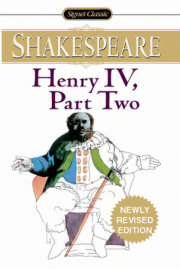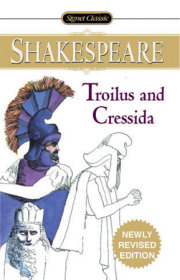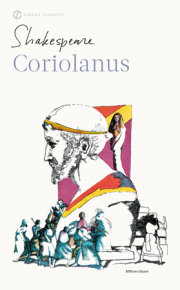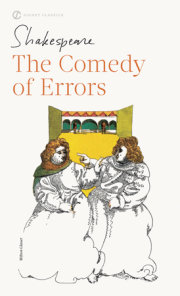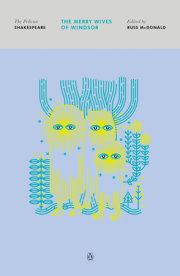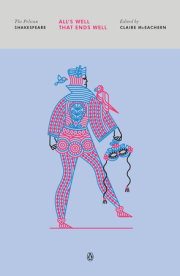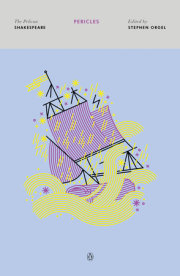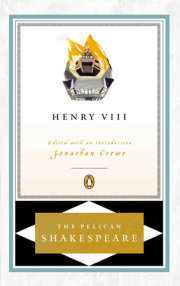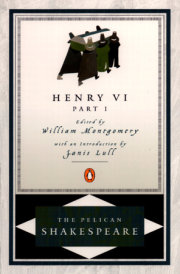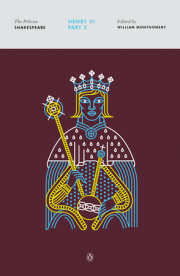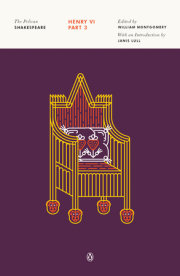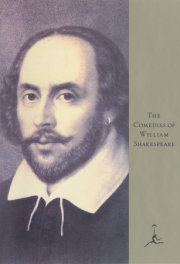[Prologue] running scene 1
Enter Gower
GOWER To sing a song that old was sung
From ashes ancient Gower is come,
Assuming man's infirmities
To glad your ear and please your eyes.
It hath been sung at festivals,
On ember eves and holidays,
And lords and ladies in their lives
Have read it for restoratives.
The purchase is to make men glorious,
Et bonum quo antiquius eo melius.
If you - born in these latter times,
When wit's more ripe - accept my rhymes,
And that to hear an old man sing
May to your wishes pleasure bring,
I life would wish, and that I might
Waste it for you like taper light.
This Antioch, then: Antiochus the great
Built up this city for his chiefest seat -
The fairest in all Syria.
I tell you what mine authors say:
This king unto him took a peer,
Who died and left a female heir,
So buxom, blithe and full of face
As heaven had lent her all his grace,
With whom the father liking took
And her to incest did provoke:
Bad child, worse father, to entice his own
To evil should be done by none.
But custom what they did begin
Was with long use account' no sin.
The beauty of this sinful dame
Made many princes thither frame
To seek her as a bedfellow,
In marriage pleasures, playfellow,
Which to prevent he made a law
To keep her still, and men in awe:
That whoso asked her for his wife,
His riddle told not, lost his life.
So for her many a wight did die, Points to the heads on display
As yon grim looks do testify. above, or reveals them
What now ensues, to the judgement of your eye
I give my cause, who best can justify. Exit
[Act 1 Scene 1] running scene 1 continues
Enter Antiochus, Prince Pericles and Followers
ANTIOCHUS Young Prince of Tyre, you have at large received
The danger of the task you undertake?
PERICLES I have, Antiochus, and with a soul
Emboldened with the glory of her praise
Think death no hazard in this enterprise.
ANTIOCHUS Music! Music plays
Bring in our daughter, clothèd like a bride
For embracements even of Jove himself,
At whose conception, till Lucina reigned,
Nature this dowry gave: to glad her presence
The senate house of planets all did sit,
To knit in her their best perfections.
Enter Antiochus' Daughter
PERICLES See where she comes, apparelled like the spring,
Graces her subjects, and her thoughts the king
Of every virtue gives renown to men:
Her face the book of praises, where is read
Nothing but curious pleasures, as from thence
Sorrow were ever razed, and testy wrath
Could never be her mild companion.
You gods that made me man and sway in love,
That have inflamed desire in my breast
To taste the fruit of yon celestial tree
Or die in the adventure, be my helps,
As I am son and servant to your will,
To compass such a boundless happiness.
ANTIOCHUS Prince Pericles-
PERICLES That would be son to great Antiochus.
ANTIOCHUS Before thee stands this fair Hesperides,
With golden fruit, but dangerous to be touched,
For deathlike dragons here affright thee hard.
Her face, like heaven, enticeth thee to view
Her countless glory, which desert must gain,
And which without desert, because thine eye
Presumes to reach, all the whole heap must die.
Yon sometimes famous princes, like thyself Points to the heads
Drawn by report, adventurous by desire,
Tell thee with speechless tongues and semblance pale
That without covering save yon field of stars
Here they stand, martyrs slain in Cupid's wars,
And with dead cheeks advise thee to desist
From going on death's net, whom none resist.
PERICLES Antiochus, I thank thee, who hath taught
My frail mortality to know itself,
And by those fearful objects to prepare
This body, like to them, to what I must:
For death remembered should be like a mirror
Who tells us life's but breath, to trust it error.
I'll make my will, then, and as sick men do
Who know the world, see heaven, but feeling woe
Grip not at earthly joys as erst they did.
So I bequeath a happy peace to you
And all good men, as every prince should do,
My riches to the earth from whence they came,-
But my unspotted fire of love to you.- To Daughter
Thus ready for the way of life or death, To Antiochus
I wait the sharpest blow.
ANTIOCHUS Scorning advice, read the conclusion Gives Pericles
then, the riddle
Which read and not expounded, 'tis decreed,
As these before thee, thou thyself shalt bleed.
DAUGHTER Of all 'ssayed yet, mayst thou prove To Pericles
prosperous,
Of all 'ssayed yet, I wish thee happiness.
PERICLES Like a bold champion I assume the lists,
Nor ask advice of any other thought
But faithfulness and courage.
The riddle Reads
'I am no viper, yet I feed
On mother's flesh which did me breed.
I sought a husband, in which labour
I found that kindness in a father.
He's father, son and husband mild,
I mother, wife and yet his child:
How they may be, and yet in two,
As you will live resolve it you.'
Sharp physic is the last!- But O, you powers Aside
That gives heaven countless eyes to view men's acts,
Why cloud they not their sights perpetually
If this be true, which makes me pale to read it?-
Fair glass of light, I loved you, and could still To Daughter
Were not this glorious casket stored with ill.
But I must tell you, now my thoughts revolt,
For he's no man on whom perfections wait,
That knowing sin within will touch the gate.
You are a fair viol, and your sense the strings,
Who, fingered to make man his lawful music,
Would draw heaven down, and all the gods to hearken.
But being played upon before your time,
Hell only danceth at so harsh a chime.
Good sooth, I care not for you. Pericles gestures towards
ANTIOCHUS Prince Pericles, touch not, upon thy life, the Daughter
For that's an article within our law
As dangerous as the rest. Your time's expired:
Either expound now or receive your sentence.
PERICLES Great king,
Few love to hear the sins they love to act,
'Twould braid yourself too near for me to tell it.
Who has a book of all that monarchs do,
He's more secure to keep it shut than shown.
For vice repeated is like the wandering wind
Blows dust in others' eyes to spread itself.
And yet the end of all is bought thus dear,
The breath is gone and the sore eyes see clear
To stop the air would hurt them. The blind mole casts
Copped hills towards heaven, to tell the earth is thronged
By man's oppression, and the poor worm doth die for't.
Kings are earth's gods: in vice, their law's their will,
And if Jove stray, who dares say Jove doth ill?
It is enough you know, and it is fit,
What being more known grows worse, to smother it.
All love the womb that their first being bred,
Then give my tongue like leave to love my head.
ANTIOCHUS Heaven, that I had thy head! He has found Aside
the meaning,
But I will gloze with him.- Young prince of Tyre, To Pericles
Though by the tenor of your strict edict,
Your exposition misinterpreting,
We might proceed to cancel of your days,
Yet hope, succeeding from so fair a tree
As your fair self, doth tune us otherwise.
Forty days longer we do respite you,
If by which time our secret be undone,
This mercy shows we'll joy in such a son.
And until then your entertain shall be
As doth befit our honour and your worth.
[Exeunt.] Pericles remains alone
PERICLES How courtesy would seem to cover sin,
When what is done is like an hypocrite,
The which is good in nothing but in sight.
If it be true that I interpret false,
Then were it certain you were not so bad
As with foul incest to abuse your soul:
Where now you're both a father and a son
By your untimely claspings with your child -
Which pleasures fits a husband, not a father -
And she an eater of her mother's flesh
By the defiling of her parents' bed.
And both like serpents are, who though they feed
On sweetest flowers, yet they poison breed.
Antioch farewell, for wisdom sees those men
Blush not in actions blacker than the night
Will 'schew no course to keep them from the light.
One sin, I know, another doth provoke:
Murder's as near to lust as flame to smoke.
Poison and treason are the hands of sin -
Ay, and the targets to put off the shame.
Then lest my life be cropped, to keep you clear,
By flight, I'll shun the danger which I fear. Exit
Copyright © 2012 by William Shakespeare. All rights reserved. No part of this excerpt may be reproduced or reprinted without permission in writing from the publisher.

